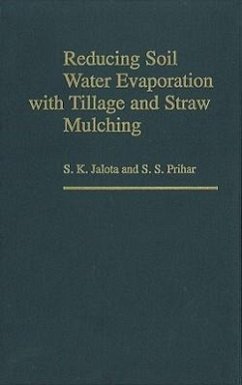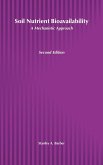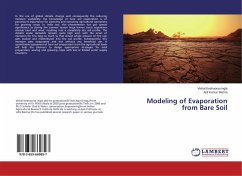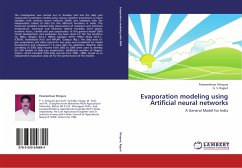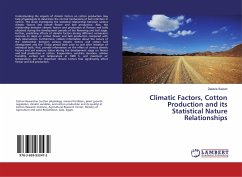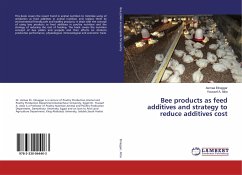As more and more people compete for ever-less water on our shrinking planet, the problem of soil evaporation becomes increasingly urgent. In this book two of the world's most distinguished specialists in the field offer an expert yet highly readable account of both the problem and potential solutions. Drawing on the work of agronomists, soil scientists, and meteorologists, the authors provide a clear overview of the theories and data that explain the process of evaporation from free water and soils that are bare, tilled, or residue-covered. In a discussion of the benefits of tillage in reducing evaporation, they consider different types of soil and the merits of post drying depth-distribution of soil water in treated and untreated soil. Straw mulching, as another means of reducing evaporation, receives the same extended treatment, followed by an appraisal of the effects of different combinations of tillage and mulching on evaporation and water use during fallow and cropped periods. Addressing a pressing issue in a thorough and objective fashion, this book will assist future decision makers about water conservation management in different climates, under various conditions
Hinweis: Dieser Artikel kann nur an eine deutsche Lieferadresse ausgeliefert werden.
Hinweis: Dieser Artikel kann nur an eine deutsche Lieferadresse ausgeliefert werden.

